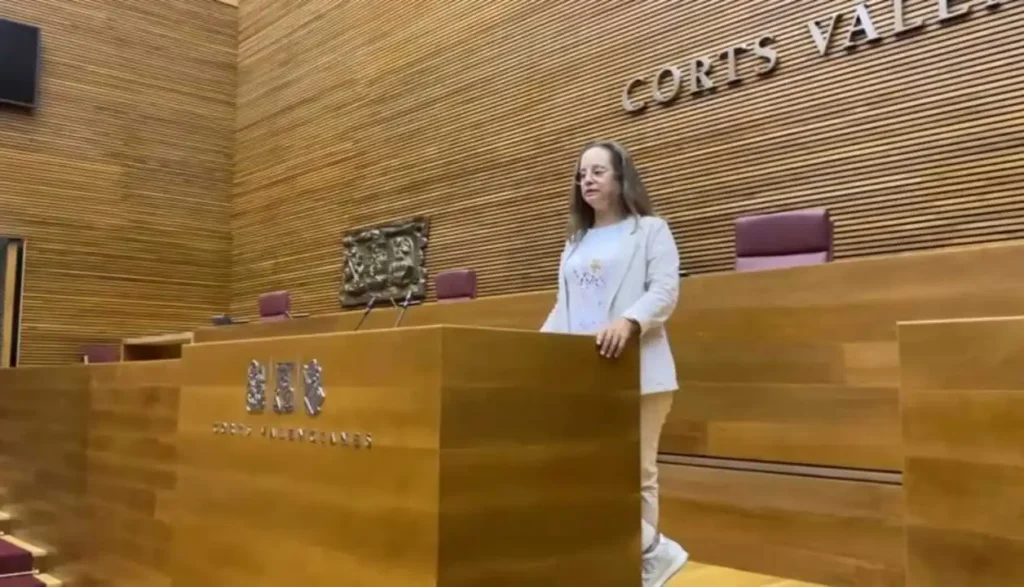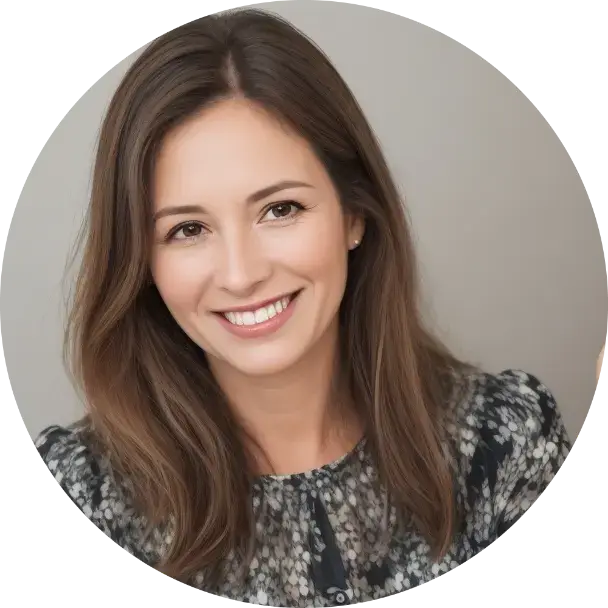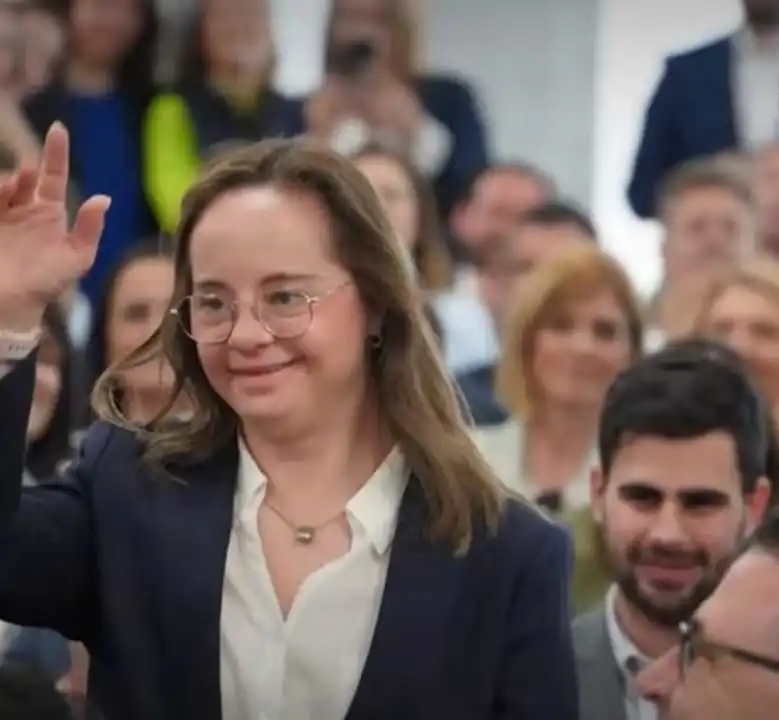An inspiring story of breaking barriers in women’s rights and defying limitations to pave the way for equality and inclusivity in politics.
When 18-year-old Mar Galcerán, suffering from Down’s syndrome joined the conservative People’s Party (PP), she was fascinated by how they embraced their tradition.
Little did she know back then, that one day she would create history by acquiring a seat for herself to become Spain’s first parliamentarian with Down’s syndrome, as reported by the Guardian.
SIMILAR: Know more about James Martin, an actor with Down’s syndrome who won an Oscar award.
Down’s syndrome is a genetic disorder where a child is born with an extra chromosome number 21, according to the Mayo Clinic.
This extra chromosome gives them a distinct facial appearance; and is responsible for delays in intellectual abilities and developmental delays. Children born with this condition are also at risk for other health problems.
After working for more than two decades in PP, she moved up the ladder and was fielded as the 20th name on the list of candidates during Valencia’s regional elections.
And her efforts paid off, when Carlos Mazón, the region’s PP leader mentioned on a social media post “Welcome Mar. Great news for politics, overcoming barriers.”
Although it’s a very long road ahead, Galcerán believes that “people with Down’s syndrome have a lot to contribute.”
SIMILAR: Meet Lloyd Martin, a 19-year-old British boy with Down’s syndrome to complete the London Marathon.
She fought her way to the top for the right of inclusion for people with disabilities and to be a part of the conversation.

Galcerán headed a Valencian organization in the past called Asindown for 4 years. This organization worked towards helping families who have children with Down’s syndrome.
After this, she worked for more than 20 years as a civil servant, majorly on the inclusivity policy. Now her selection in the parliament is a testament to the fact that she has made good progress.
Galcerán describes her selection as “unprecedented” and believes she has a tremendous responsibility.
Spanish media was excited upon her selection; however, social media has given her mixed responses. She hopes to learn her job well since she has different abilities.
Galcerán looks forward to breaking barriers and prejudices that people with Down’s syndrome have to go through. Finally, she hopes to “be seen as a person, not just for my disability.”

